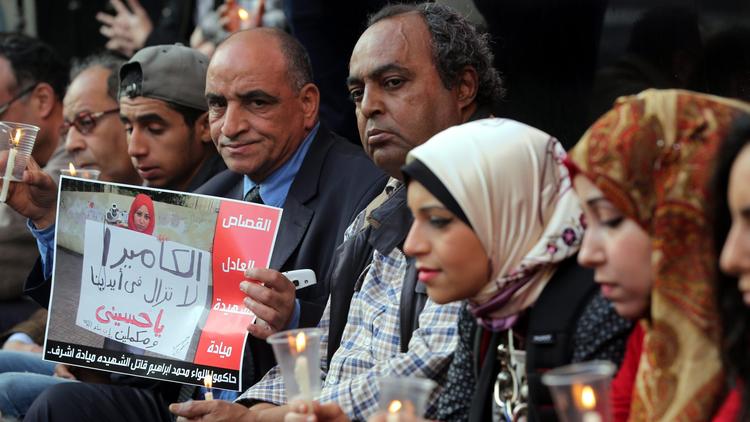
Tracy Wilkinson
2016-05-27
Countries with poor human rights records succeeded Thursday in blocking U.N.status for a well-regarded international press rights organization in what some diplomats see as a blow to free expression throughout the world.
The United Nations committee that credentials nongovernmental organizations, or NGOs, voted down an application from the New York-based Committee to Protect Journalists, which advocates on behalf of reporters in some of the most dangerous and repressive countries.
Among the 10 nations voting against the group were Russia, China, Cuba and Venezuela, all countries that place onerous restrictions on journalists.
The United States, which the Committee to Protect Journalists has also criticized for government practices that restrict reporters, cast one of six ballots in favor of its accreditation, and three countries, including Iran, abstained.
Accreditation gives an NGO greater access to U.N. activities and venues, providing a vital voice on behalf of civil society, dissidents, journalists and other people whose rights are infringed upon, advocates say. Without such status, the Committee to Protect Journalists said in a statement that it cannot provide "a counter-narrative to states" at U.N. bodies.
The organization, which has about 40 people working on five continents, called the accreditation process "Kafkaesque."
"A small group of countries with poor press-freedom records are using bureaucratic delaying tactics to sabotage and undermine any efforts that call their own abusive policies into high relief," said the organization's executive director, Joel Simon, who testified before the U.N. committee this week.
"The nature of what we do requires us to be highly critical of governments," Simon said. "As a journalist, you don't want a government to have authority over you, [forcing you] to pull your punches."
David Kaye, the U.N. special rapporteur on freedom of opinion and expression, called the denial "a stain on the system."
Samantha Power, the U.S. ambassador to the U.N., said her government was "extremely disappointed" by the vote.
"It is increasingly clear that the NGO committee acts more and more like an anti-NGO committee," she told reporters at the U.N. in New York. That countries "try to keep an organization like CPJ away from the U.N., away from the accreditation that is so basic to functioning here, is outrageous."
The troubles for the journalists group come at a time when independent NGOs are increasingly being outlawed, expelled or curbed in countries where they try to work. Western diplomats say one cause lies in a growing demand by civil societies for greater accountability from their governments, which see such activism as a threat.
"In the 21st century, these are the fault lines," said a Western diplomat familiar with the NGO committee's work, who requested anonymity to be able to speak candidly about internal U.N. politics. "There is an organic drive for transparency and accountability, an epic struggle to open closed doors."
Some countries don't believe that such a thing as an independent NGO exists, and suspect they are fronts for enemy governments, nefarious causes or often Washington.
The committee has also been criticized by human rights groups for frequently rejecting NGOs that work on behalf of gay rights.
A spokesman for U.N. Secretary-General Ban Ki-moon offered support for the journalists group, saying he hoped to continue working with the organization's leadership despite Thursday's setback. The spokesman, Farhan Haq, briefing reporters at the U.N., was asked whether the NGO committee was overly political. Haq responded by urging U.N. committees and their member states to "go about their work independently and fairly."
Simon said he hoped the U.N.'s Economic and Social Council, which has ultimate authority on the credentialing of NGOs, would override the committee's decision. The 54-member council meets in late July.
Also voting against the Committee to Protect Journalists were Azerbaijan, Burundi, Nicaragua, Pakistan, South Africa and Sudan. In favor, in addition to the U.S., were Greece, Guinea, Israel, Mauritania and Uruguay.
